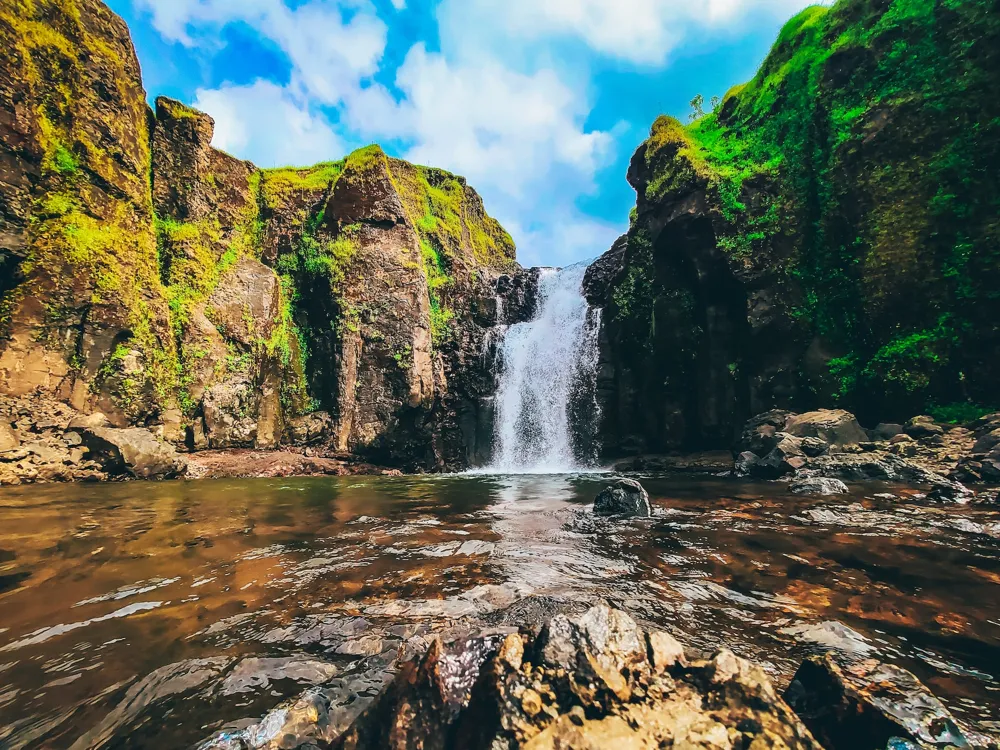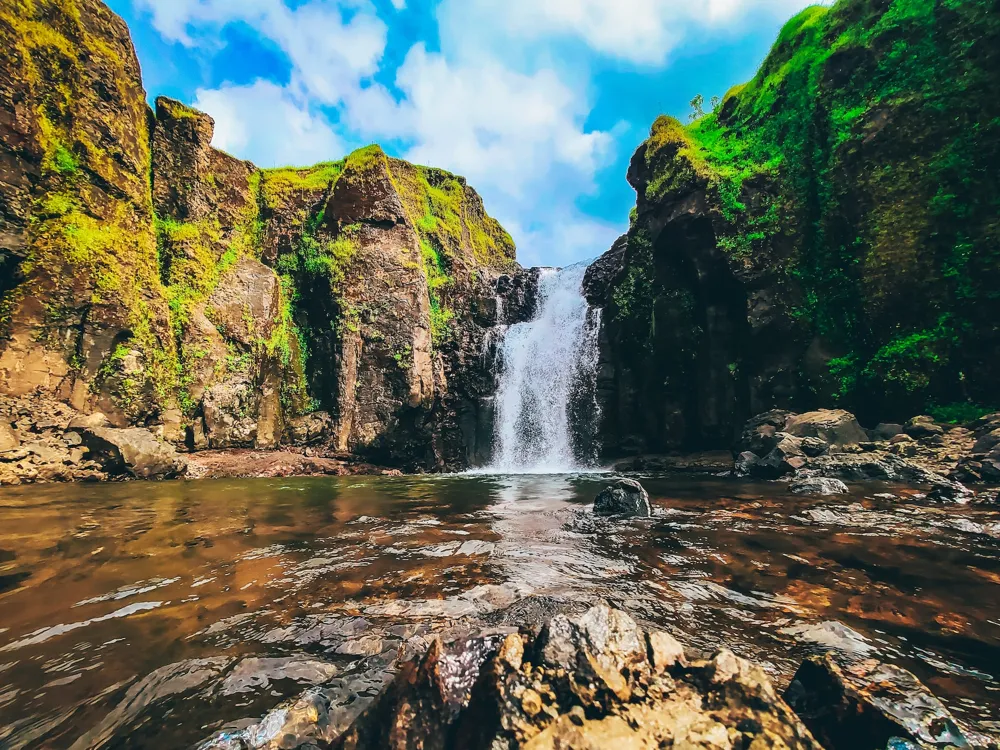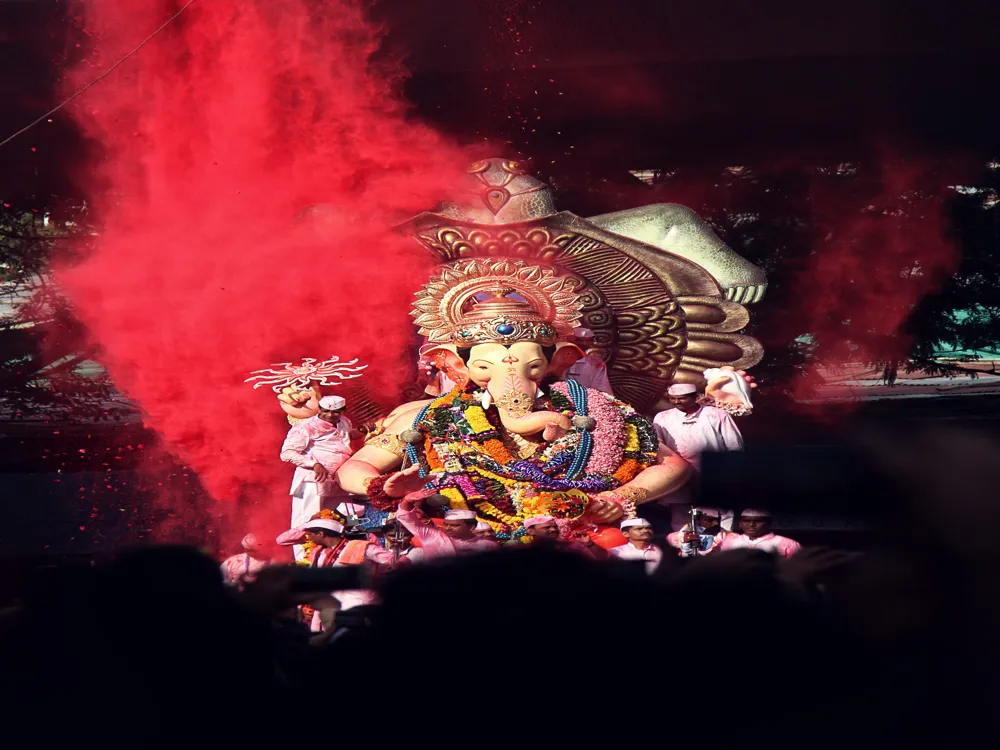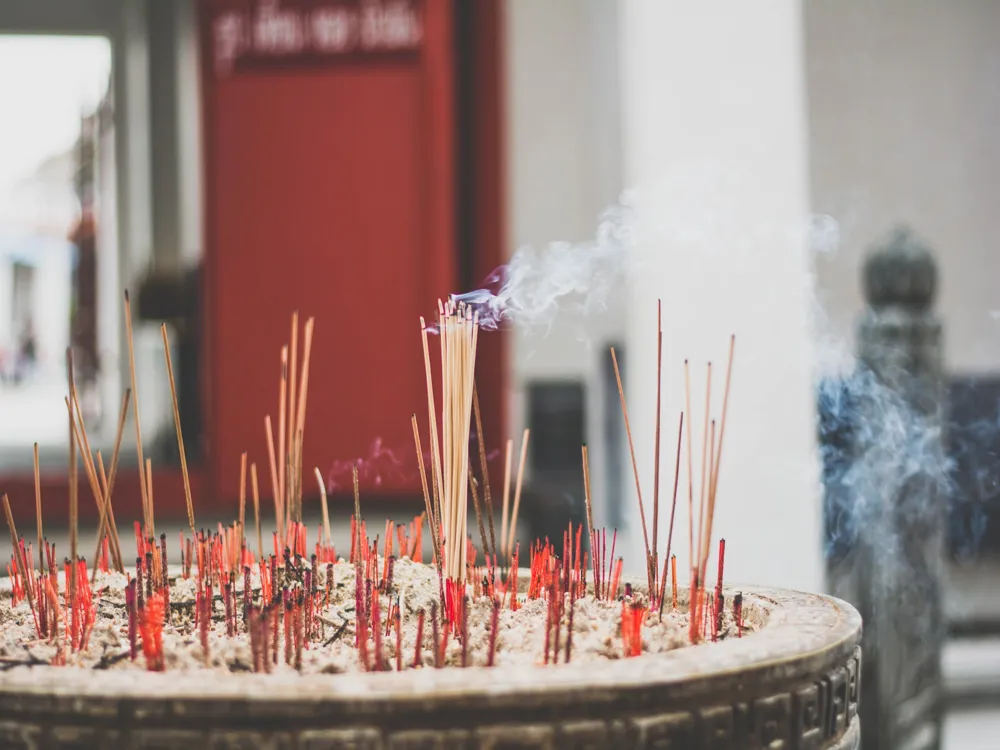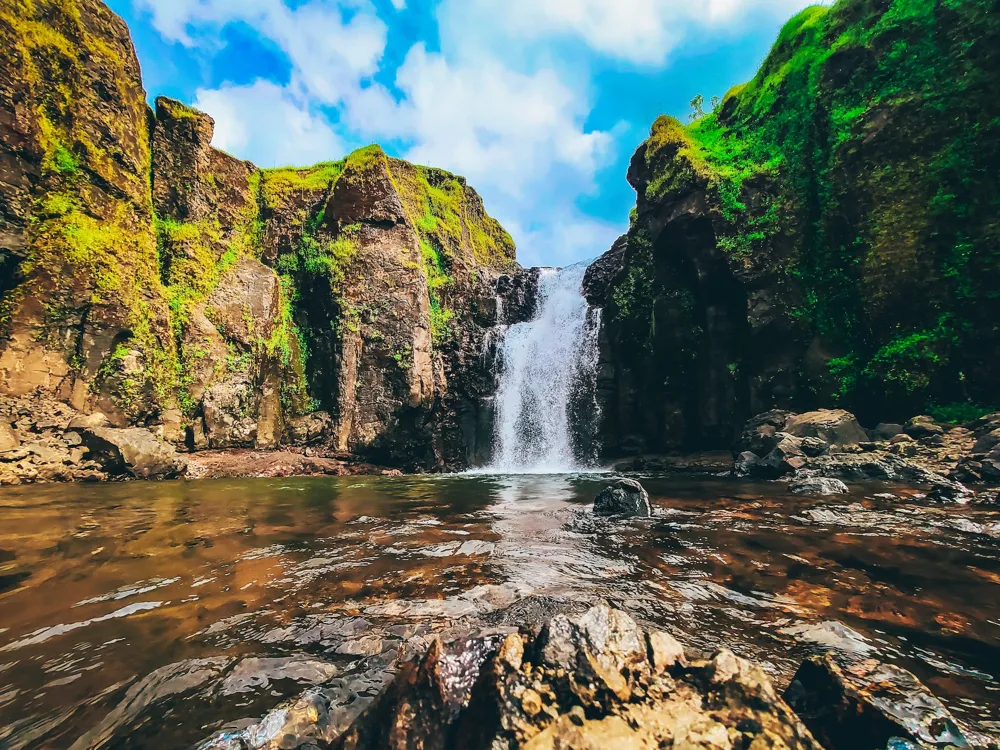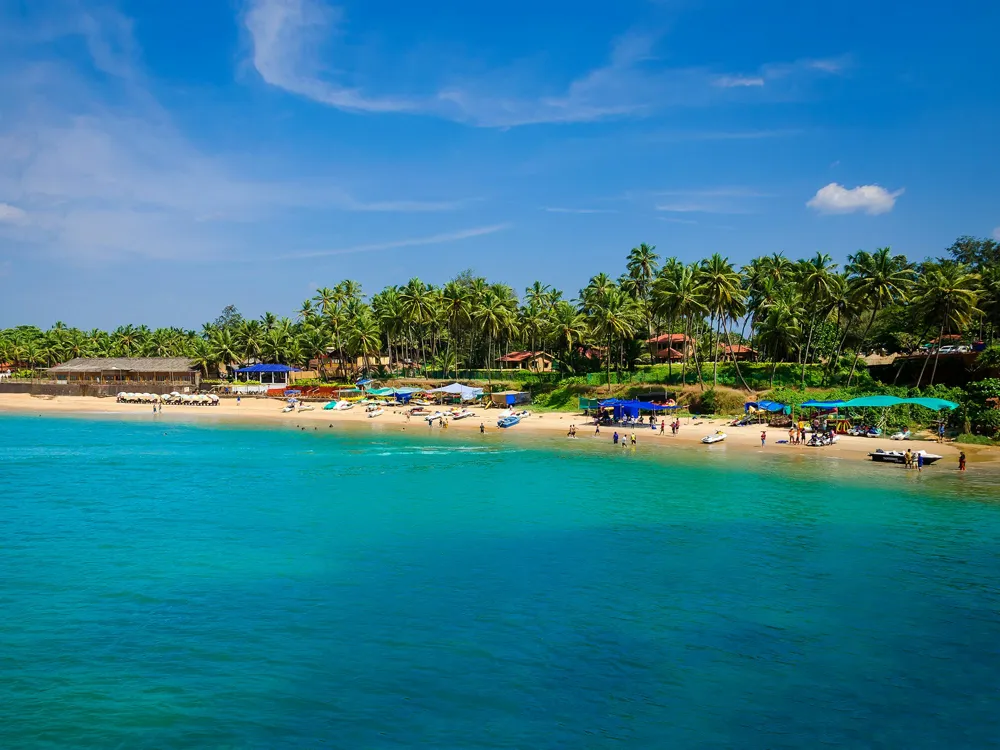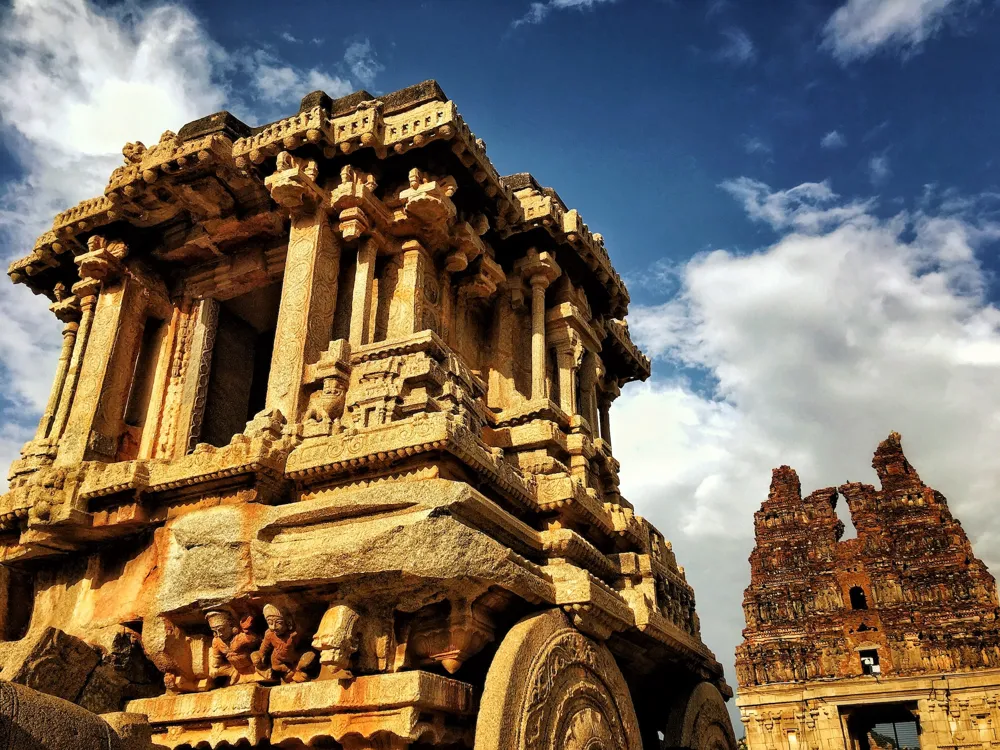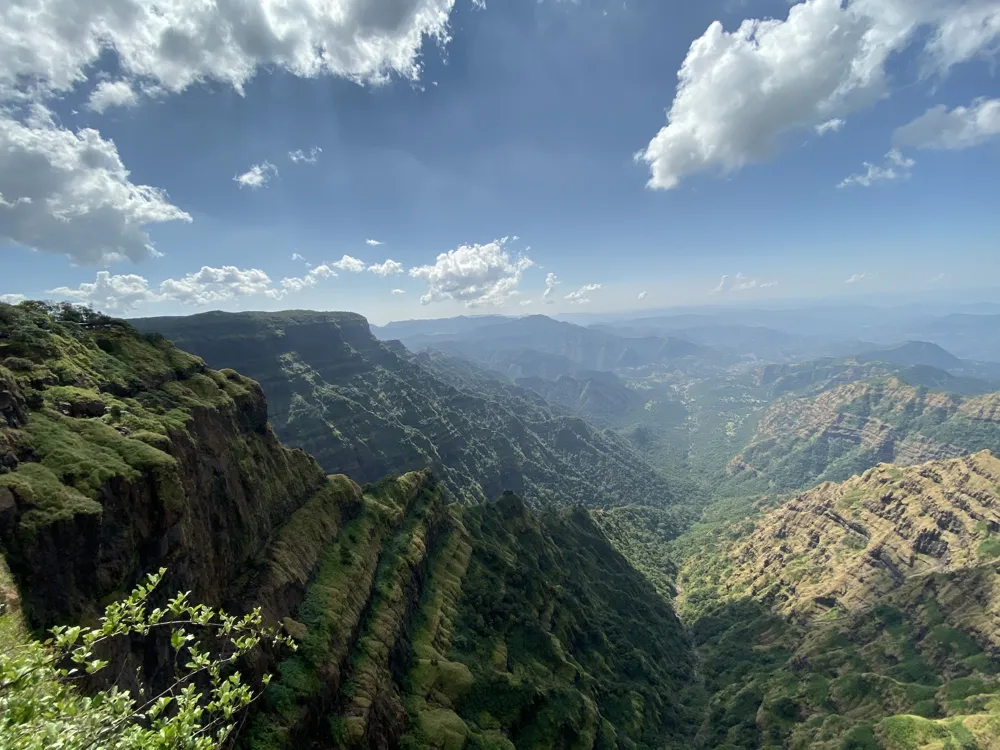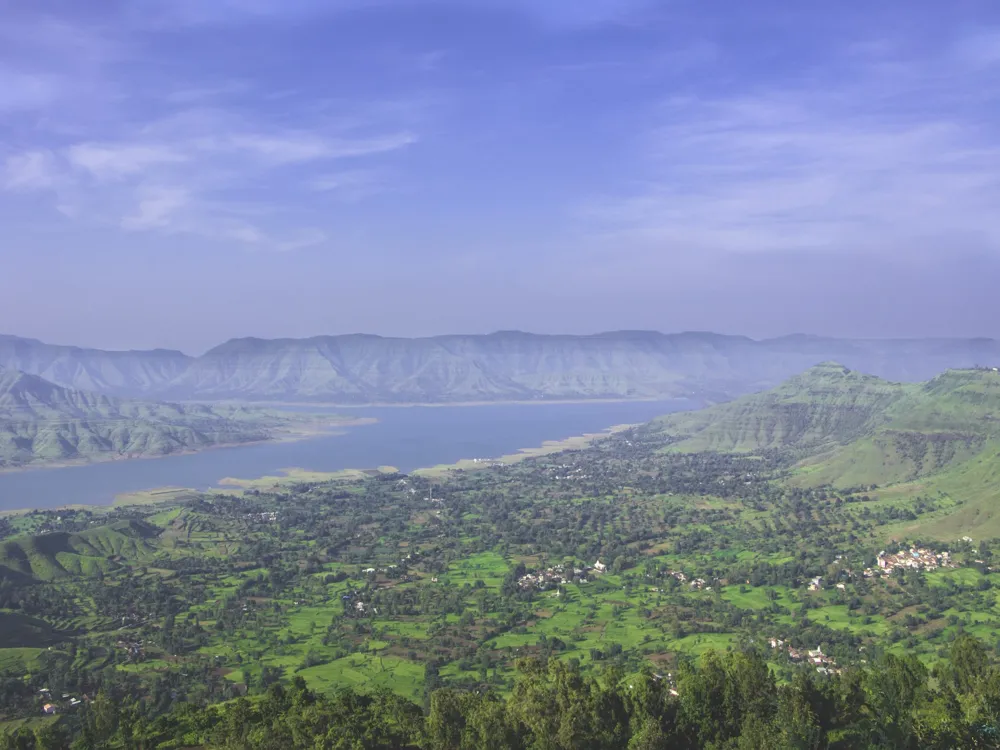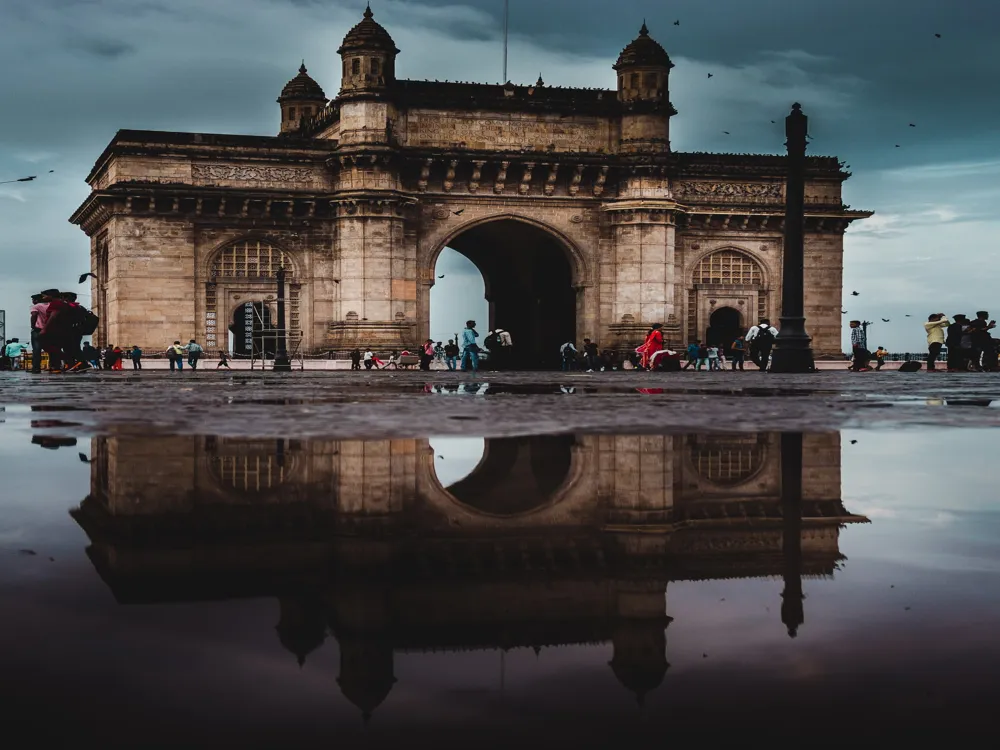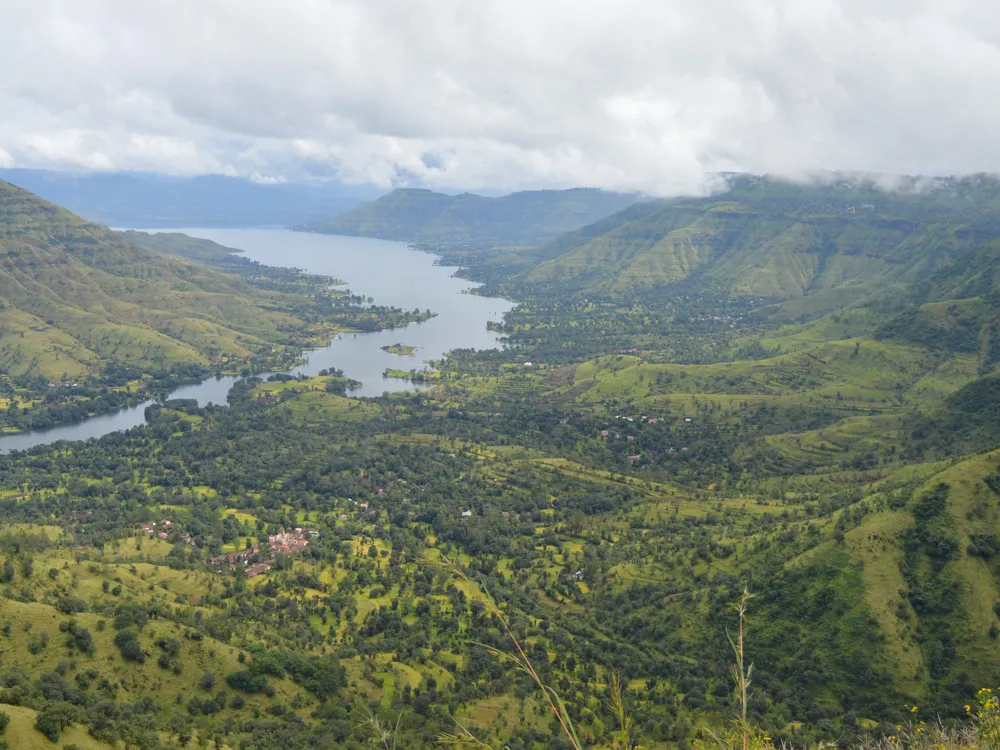The Mahalaxmi Temple, located in the heart of Kolhapur, Maharashtra, is not only a significant religious site but also a historical and architectural marvel. Dedicated to Goddess Mahalaxmi, also known as Ambabai, this temple holds immense importance in Hindu mythology and is one of the Shakti Peethas listed in various Puranas. The temple's rich history is interwoven with the cultural fabric of Kolhapur, making it a revered place of worship and a prominent landmark in the region. The origins of the Mahalaxmi Temple date back to the Chalukya period, around the 7th century. However, the temple as it stands today has seen numerous renovations and enhancements over the centuries, with contributions from various dynasties and rulers. The deity, Goddess Mahalaxmi, is worshipped as the consort of Lord Vishnu and is believed to reside in Kolhapur perpetually. The temple is not only a spiritual haven but also a testament to the glorious past of Kolhapur and its surrounding regions, including parts of Goa. In Hindu mythology, the Mahalaxmi Temple holds a place of immense significance. It is believed that the Goddess Mahalaxmi chose Kolhapur as her abode to protect the universe from demons and evil forces. The legend of Mahalaxmi in Kolhapur is intricately linked with the stories of various deities in Hinduism, illustrating the temple's deep-rooted significance in the religious landscape of India. The temple is the epicenter of numerous festivals and celebrations throughout the year. Navaratri and Kirnotsav are two major festivals celebrated with great fervor, attracting thousands of devotees from across the country. These festivals are not just religious gatherings but also showcase the rich cultural heritage of Maharashtra. The architectural grandeur of Mahalaxmi Temple is a fine example of the Chalukya and Maratha styles of temple architecture. The complex comprises various structures, including the sanctum sanctorum, mandapams, and deepmalas, each showcasing exquisite craftsmanship and attention to detail. The temple's design reflects a harmonious blend of religious significance and architectural brilliance, making it a site of immense interest for historians and architects alike. The main sanctum, housing the idol of Goddess Mahalaxmi, is an architectural masterpiece. The idol, carved in black stone, is adorned with precious stones and represents a powerful image of the goddess. The intricate carvings on the temple walls, pillars, and ceilings narrate stories from Hindu mythology, bringing alive the legends and folklore associated with the deity. One of the unique features of the temple's architecture is its alignment with the sun's rays. During specific times of the year, the sun's rays fall directly on the deity, illuminating the inner sanctum in a divine glow. This astronomical alignment showcases the advanced understanding of celestial movements by ancient architects. Over the years, the temple has undergone various restoration and preservation efforts to maintain its historical and architectural integrity. These efforts ensure that the temple continues to stand as a beacon of ancient craftsmanship and religious significance. Visitors are advised to dress modestly and maintain a respectful demeanor throughout their visit. Traditional Indian attire is recommended, and footwear must be removed before entering the temple premises. The ideal time to visit the temple is during the cooler months from October to March. Visitors can also plan their trip around major festivals like Navaratri and Kirnotsav to experience the temple's vibrant cultural atmosphere. Photography inside the main temple complex is restricted. Visitors should respect these rules and enjoy the beauty and serenity of the temple without the distractions of cameras and mobile phones. Mahalaxmi Temple, Kolhapur, is well-connected by road, rail, and air. The nearest airport is Kolhapur Airport, which is well-serviced by flights from major cities. Kolhapur Railway Station is the nearest railhead, with several trains connecting the city to other parts of India. For those preferring to travel by road, Kolhapur is accessible via national highways and state roads, with ample bus services from nearby cities like Mumbai, Pune, and Goa. Read More:Overview of Mahalaxmi Temple, Kolhapur
Significance in Hindu Mythology
Festivals and Celebrations
Architecture of Mahalaxmi Temple, Kolhapur
Unique Architectural Features
Restoration and Preservation Efforts
Tips When Visiting Mahalaxmi Temple, Kolhapur
Dress Code and Conduct
Best Time to Visit
Photography Restrictions
How To Reach Mahalaxmi Temple, Kolhapur
Mahalaxmi Temple, Kolhapur
Kolhapur
Maharashtra Goa
NaN onwards
View kolhapur Packages
Kolhapur Travel Packages
View All Packages For Kolhapur
Top Hotel Collections for Kolhapur

Private Pool

Luxury Hotels

5-Star Hotels

Pet Friendly
Top Hotels Near Kolhapur
Other Top Ranking Places In Kolhapur
View All Places To Visit In kolhapur
View kolhapur Packages
Kolhapur Travel Packages
View All Packages For Kolhapur
Top Hotel Collections for Kolhapur

Private Pool

Luxury Hotels

5-Star Hotels

Pet Friendly


